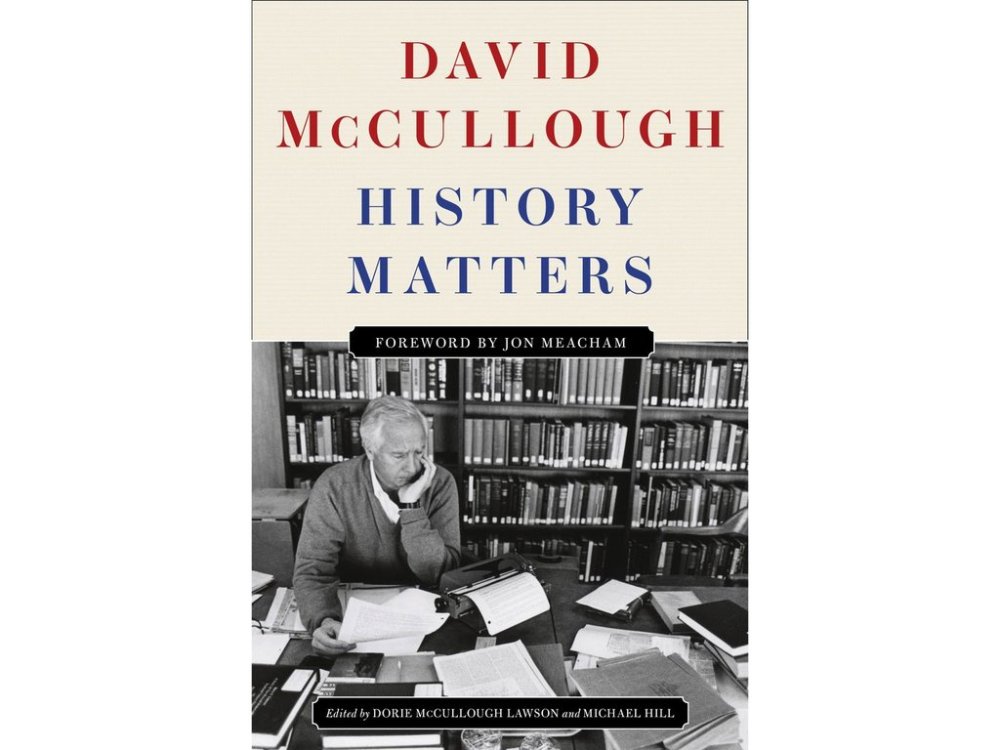Book Review: Evidence of historian David McCullough’s curiosity abounds in ‘History Matters’
Advertisement
Read this article for free:
or
Already have an account? Log in here »
We need your support!
Local journalism needs your support!
As we navigate through unprecedented times, our journalists are working harder than ever to bring you the latest local updates to keep you safe and informed.
Now, more than ever, we need your support.
Starting at $15.99 plus taxes every four weeks you can access your Brandon Sun online and full access to all content as it appears on our website.
Subscribe Nowor call circulation directly at (204) 727-0527.
Your pledge helps to ensure we provide the news that matters most to your community!
To continue reading, please subscribe:
Add Brandon Sun access to your Free Press subscription for only an additional
$1 for the first 4 weeks*
*Your next subscription payment will increase by $1.00 and you will be charged $20.00 plus GST for four weeks. After four weeks, your payment will increase to $24.00 plus GST every four weeks.
Read unlimited articles for free today:
or
Already have an account? Log in here »
The late Pulitzer Prize-winning historian David McCullough told an audience in 2012 that writing history was like working on a detective case.
“And once on the case, you want to know more and more and more,” he said in remarks at Dartmouth College. “Follow your curiosity.”
One thing that’s clear after reading “History Matters,” a posthumous collection of McCullough’s writings and speeches that include his Dartmouth remarks, is how much the revered historian practiced what he preached.

The book is an enjoyable complement to McCullough’s canon of works that include biographies of John Adams,
Theodore Roosevelt and a reminder of why he was one of the greatest historians of our time. They also offer a glance into his approaches to reading and writing.
In a tribute to the late novelist Herman Wouk that’s part of the collection, McCullough underscores the importance of feeling and narrative writing for historians. Another tribute to novelist, painter and historian Paul Horgan shows how McCullough approached his writing with a painter’s eye.
The writings also include a short history of his typewriter, a second-hand Royal Standard that he bought in 1965 and used to write every one of his 12 books. A recommended reading list from McCullough underscores how much he viewed literature as necessary for understanding history.
Throughout the book, McCullough’s remarks display concerns about the consequences of historical illiteracy. His pieces also illustrate the power of helping out younger writers and connecting with them.
Overall, the collection offers a brief introduction to McCullough for readers not familiar with his works but one that pales to the value of reading his books. Hopefully, it will provide inspiration to readers to delve into McCullough’s writings.
___
AP book reviews: https://apnews.com/hub/book-reviews
